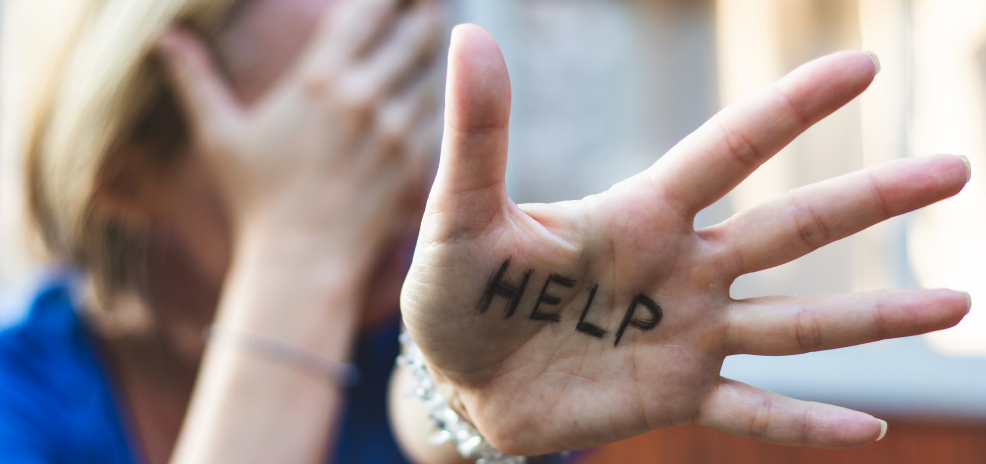Suicide is a global public health epidemic. According to the World Health Organisation (WHO), it is among the top twenty leading causes of death worldwide, with more deaths due to suicide than to malaria, breast cancer, war and homicide.
According to WHO, every 40 seconds a suicide occurs andevery 4 seconds an attempt is done, globally. In South Africa, 23 people commit suicide daily and an estimated 230 suicide teens attempt to commit suicide every day.
This is due to the growing social pressures and lack of family support, therefore, making teenagers more vulnerable to suicide or to having issues with their mental health.
Did you know around 9% of all teenage deaths are related to suicide and 75% of teenagers who attempt suicide show those around them warning signs, these do vary depending on the person.
Specialist Psychiatrist at Akeso Clinic in Milnerton, Dr. Kerryn Armstrong, says suicide results from a complex interaction between the individual, psychosocial and mental health.
Suicide can be prevented through a number of supportive gestures such as a willingness to reach out, checking in on them, this provides a supportive environment where they could feel safe to open up which could allow you to connect them with professional resources that can help them deal with difficult issues.
If you suspect an individual is at a high risk of harming themselves, always reach out to professionals who can assist and guide you in getting the person the best possible support.
Things that you could do while support is being mobilised include removing any harmful weapons medication or other harmful materials. Staying with the individual is important to manage any immediate risk.
Actively suicidal individuals see suicide as the only option left to escape the realities of their lives. Create a sense of support for these individuals and connect them with professional support that can assist.
HOW CAN YOU TELL THAT A TEEN IS FEELING SUICIDAL?
- Drastic personality changes.
- The individual starts feeling hopeless and worthless and expresses it to friends and family.
- Constant self-criticism.
- Major depression and other mood disorders such as substance use disorders.
- Family loss or loss of a close relationship.
- Loss of appetite.
- Family conflict and lack of support structures, lack of friends, feelings of isolation.
- Violations; either sexual, emotional, or physical.
- Cyberbullying, bullying, or victimisation causing social withdrawal.
- They feel unsupported or receive a negative response from family, friends, or community when disclosing their sexuality or dealing with gender identity issues.
Reach out and speak up about teen suicide this Teen Suicide Prevention Week 16 to 23 February and save a life.
Contact us on 0861 635 766 or book a virtual consultation directly online at wwwuat.kaelo.co.za/book-a-virtual-consultation/ our team of expert mental health professionals are happy to support you.
Did you know?
Kaelo offers Virtual Consultants for your safety and convenience.
Click here to find out more!

Key Dates
10 – 16 February: Sexual Health Awareness Week
16 – 23 February: Teen Suicide Prevention Week
22 February: Healthy Lifestyle Awareness Day


